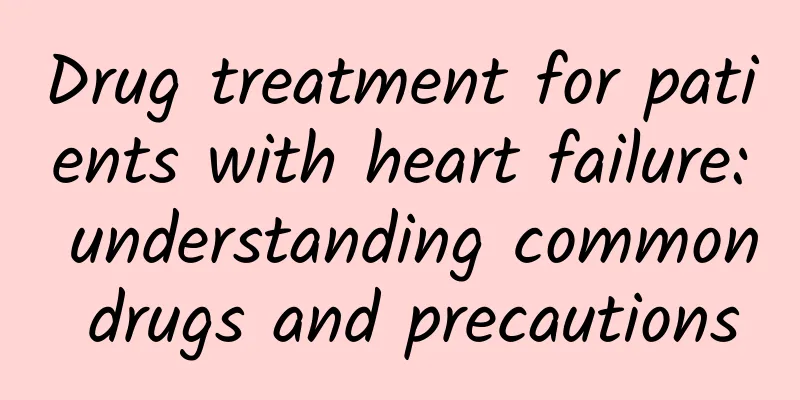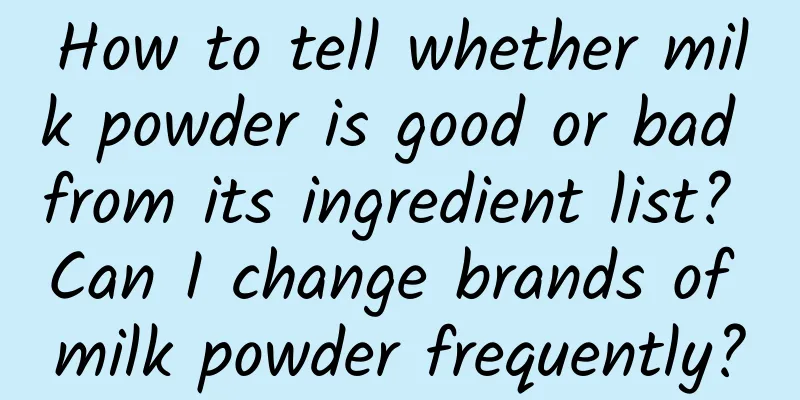Drug treatment for patients with heart failure: understanding common drugs and precautions

|
1. Anti-heart failure drugs ACE inhibitors (Angiotensin-Converting Enzyme Inhibitors) Function: By inhibiting angiotensin converting enzyme, it reduces the level of angiotensin II and reduces the burden on the heart. Common drugs: Enalapril, Ibopamine, etc. Note: May cause coughing, if it occurs please inform your doctor immediately. ARB (Angiotensin Receptor Blockers) Function: Block the effect of tensin II and reduce the burden on the heart. Common drugs: Losartan, Irbesartan, etc. Note: Suitable for patients who cannot tolerate ACE inhibitors. ARNI (Angiotensin Receptor Neprilysin Inhibitor) Action: Combines ARB and neuropeptidase inhibitor to enhance therapeutic efficacy. Common drugs: Sitagliptin/Valsartan. Note: This is a new drug, please consult your doctor before use. Beta-antagonists Function: Slow down the heart rate and reduce the burden on the heart. Common drugs: Carvedilol, Metoprolol, etc. Note: May cause fatigue, please inform your doctor if you feel unwell. Diuretics Function: Promote urine excretion and relieve fluid retention. Common drugs: Furosemide, Torasemide, etc. Note: Check electrolyte levels regularly to avoid electrolyte disturbances. 2. Precautions for drug treatment Individualized treatment Drug treatment should be individualized, and your doctor will adjust the type and dosage of medication according to your specific situation. Monitoring biochemical indicators Regularly check B-type natriuretic peptide (BNP) and cardiac troponin (cTnT/cTnI) to evaluate the treatment effect and adjust the regimen. Electrolyte balance Diuretic use may cause electrolyte imbalances, and your doctor will monitor closely and adjust treatment if necessary. Catecholamine use This type of drug has a positive inotropic effect and should be used under the advice of a doctor to avoid increasing the burden on the heart. Avoid drug interactions Tell your doctor about all the medicines you are taking to avoid potential adverse interactions. III. Patient Education and Participation Proper use of medication Make sure you understand the correct use, dosage, and mechanism of action of each medication, and always consult your doctor. Symptom Monitoring and Reporting Learn to monitor changes in heart failure symptoms and report them to your doctor promptly so that your treatment plan can be adjusted in a timely manner. Lifestyle Adjustments Drug treatment is only part of the problem; lifestyle adjustments such as a proper diet and moderate exercise are equally important. IV. Patients’ Mental Health Support Popularization of knowledge about heart failure Understanding heart failure can help you build confidence in overcoming the disease. Join a support group Join a heart failure patient support group to share experiences with other patients and build a community of mutual support. Seek professional psychological counseling If you feel depressed or anxious, seek help from a professional psychologist in time. Conclusion : Through this easy-to-understand guide, we hope that you will have a clearer understanding of heart failure drug treatment. Close communication with your doctor and taking medication according to the doctor's instructions are the key to improving treatment effectiveness. I believe that with the joint efforts of your doctor, you will be able to better manage heart failure and live a healthier and happier life. If you have any questions, please feel free to consult your doctor. I wish you good health and happiness! (Jiang Zhendong, Yingde People's Hospital) |
<<: Do you have puffy eyes when you wake up in the morning? Try these 3 tips to reduce swelling
>>: These 3 types of people should never perm their hair easily!
Recommend
Detoxifying and beauty-enhancing soup for women
Beauty and skin care are very important for femal...
Causes of memory loss after childbirth
I believe everyone knows the importance of having...
Hyperthermia vs. Childhood Cancer
High temperatures actually increase the risk of a...
Glasses are not to blame for these things!
Author: Liu Liu, Fudan University Affiliated Eye,...
Treatment of bleeding 50 days after cesarean section
Postpartum lochia is usually discharged within th...
Can pregnant women sleep on their backs?
Pregnant women should maintain a lying flat sleep...
Does Down syndrome screening during pregnancy require a blood draw?
During pregnancy, there are many examinations tha...
Pregnancy test paper strong positive turned weak positive
Generally speaking, women can get accurate result...
Can applying pearl powder, lemon, cucumber, etc. on the face whiten your skin? Beware of "bad face"! The correct whitening method is...
Author: Meng Yao, Ph.D., Doctor of Medicine, Zhon...
How many months does a pregnant woman begin to have fetal movement?
After pregnancy, the fetus will not move much dur...
What to do if you vomit even when drinking water during pregnancy
If a pregnant woman vomits even when drinking wat...
Dieting is really unreliable, be careful not to get sick!
《Cotton Swab Medical Science Popularization》 Depa...
What causes white flocs in women's urine?
When the body is healthy, urine is relatively cle...
Redness and swelling of the perineum
The most important function of the female vulva i...
Do women need to nourish their kidneys?
Many people know that kidney deficiency usually o...









